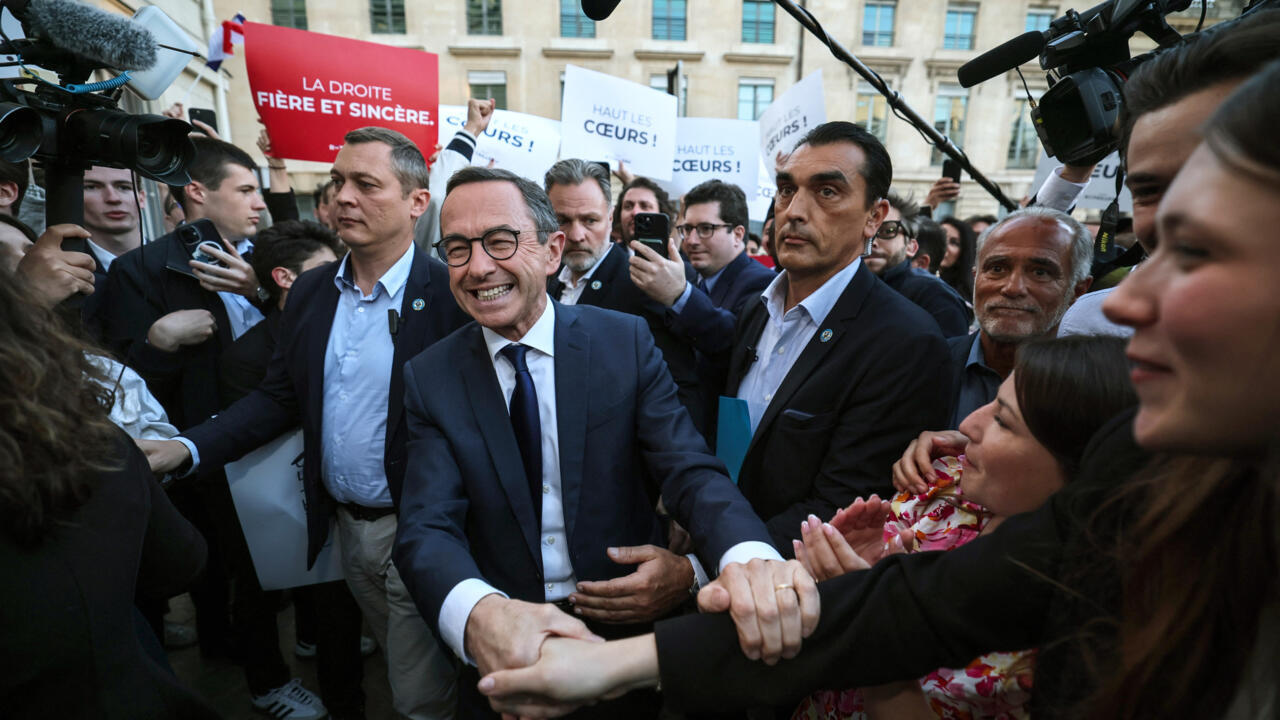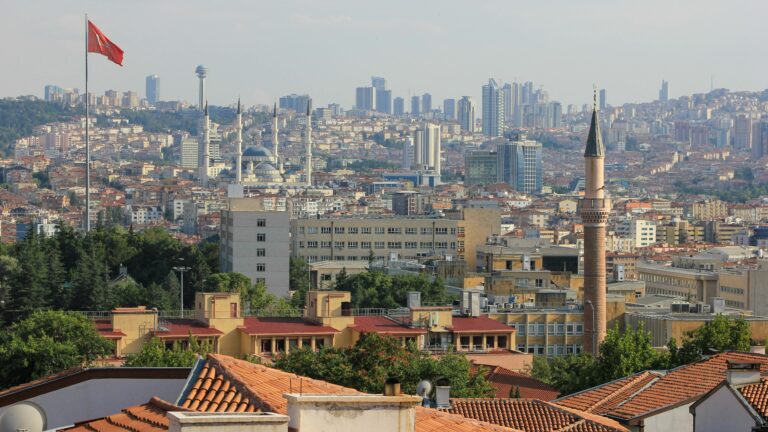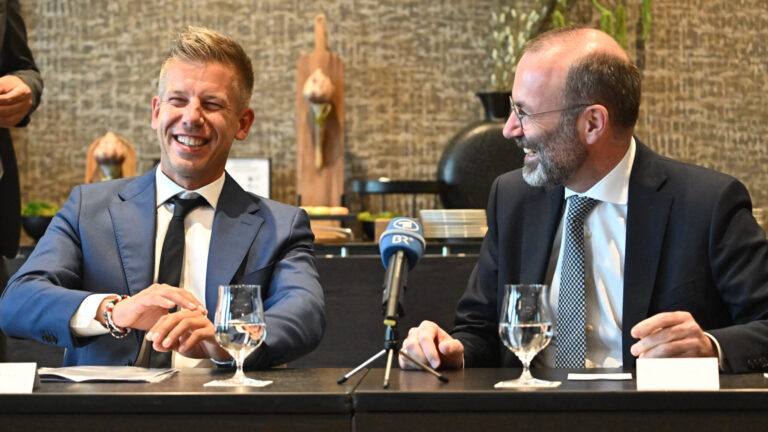At the helm of a storm-tossed vessel, Bruno Retailleau has seized the captain’s wheel of Les Républicains. With over 74 per cent of the party’s internal vote, France’s current Interior Minister now commands a battered ship, adrift after years of mutiny, scandal and electoral shipwrecks. But as the old Parisian motto reminds us, fluctuat nec mergitur: tossed by the waves, but never sunk.
Retailleau, a man of iron convictions and sharp rhetoric, has built his reputation on law, order and an unflinching defence of national identity. His appointment as party leader is a signal flare from the conservative camp and a new heading toward the winds of 2027. With him at the helm, LR is expected to veer rightward, seeking to win back voters long lost to Marine Le Pen’s party or to abstention.
To understand where Retailleau may steer the Républicains galleon, we will chart his political rise and tenure at the Interior Ministry, revisit the mutiny of 2024 that split the party, review the rough waters of LR’s recent history (from the UMP’s rebranding to the Fillon disaster and Pécresse’s sinking), and finally examine its enduring mooring in the French Senate.
From Deckhand to Commander
Bruno Retailleau did not arrive on the bridge of France’s political ship by accident. He earned his stripes the hard way, through decades of disciplined service and principled combat. Raised in the Vendée, a region steeped in Catholic tradition and royalist memory, Retailleau cut his political teeth as an aide to Philippe de Villiers before setting sail on his own course within the mainstream right. Elected senator in 2004, he rose to lead the Républicains group in the Senate by 2014, where he earned a reputation as a stern, ideologically grounded commander: no-nonsense, no shortcuts.
His ascent to the Ministry of the Interior in 2024 under Prime Minister Michel Barnier brought him into full national view. There, Retailleau saw no reason to soften his message. From the start, his programme was simple: to ‘re-establish order’. His policies quickly reflected this tone, complete with increased deportations, restricted naturalizations and a constitutional push to allow referendums on immigration.
In a political sea crowded with driftwood and opportunists, Retailleau projects clarity. Whether steering the Senate or policing the Republic’s interior, he speaks to a France weary of rudderless politics. Now, with the LR tiller firmly in hand, he has a full crew—but a storm ahead.
Mutiny in the Ranks
As Bruno Retailleau grips the wheel of Les Républicains, he does so just after the party narrowly avoided capsizing. The crisis of 2024 was no mere squall, but a full-blown mutiny. When then-party president Éric Ciotti declared an electoral alliance with Marine Le Pen’s National Rally, the move stunned even longtime LR veterans. It shattered the decades-old ‘cordon sanitaire’ that had kept the two parties apart and ignited an internal rebellion.
The party’s political bureau swiftly voted to expel Ciotti for what it called an unsanctioned betrayal. But the courts threw him a lifeline, ruling the expulsion invalid and reinstating him. The result was a fractured crew. Two competing LR fleets set sail for the legislative elections: one loyal to Ciotti and his new banner, the ‘Union of the Right for the Republic’, fielding 62 candidates; the other, backed by the national investiture commission, running 400 official LR candidates and blacklisting Ciotti’s allies.
‘By the time Retailleau assumed command, LR was a vessel barely keeping course: still afloat, but only just’
Confusion reigned. Voters were left staring at two ships flying the same colours, pointing in opposite directions. The party’s already fragile standing took another blow at the polls. By the time Retailleau assumed command, LR was a vessel barely keeping course: still afloat, but only just.
Wreckage in the Wake
Les Républicains didn’t arrive in these choppy waters overnight. The 2024 schism was merely the latest leak in a hull long weakened by scandal, reinvention and electoral humiliation. Once the flagship of France’s centre-right, the party that crowned presidents Jacques Chirac and Nicolas Sarkozy has spent the past decade drifting, with its compass broken, its officers feuding and its crew defecting.
The troubles began with the rebranding. In 2015, the UMP (Union for a Popular Movement) was renamed Les Républicains in hopes of signalling clarity of purpose. But it was a new paint job on an old, splintered deck. In 2017 François Fillon, the party’s presidential candidate, was torpedoed mid-campaign by a financial scandal. Once the frontrunner, he finished a humbling third. Then came Valérie Pécresse in 2022, a capable technocrat with no wind in her sails. Her campaign collapsed to 4.8 per cent, even below the threshold for state campaign reimbursement.
Each election has chipped away at the party’s standing, its base eroded by Macron’s centrism to the left and Le Pen’s assertiveness to the right. Leadership changes have come and gone like captains on a doomed voyage. By the time Retailleau took the helm, LR was feared to be sinking. Only a skilled navigator could steady it.
The Last Stronghold Below Deck
And yet, despite electoral shipwrecks and mutinous officers, Les Républicains still commands one of the most formidable vessels in France’s political fleet: the Senate. Often overlooked in the drama of presidential contests and National Assembly theatrics, the upper chamber remains a bastion of conservative influence, and LR holds the largest bloc within it.
This is no ceremonial anchor. The French Senate, with its power to amend legislation and delay reforms, functions as a stabilizing keel in the Republic’s constitutional structure. Senators are elected indirectly by local officials, a mechanism that rewards deep territorial networks, which LR has maintained even as its national vote share collapsed. In short, while the party may have lost battles on the front deck, its presence below deck remains solid and strategic.
Retailleau knows this institution intimately. He helmed the Républicains group in the Senate for a decade, steering it with ideological discipline and parliamentary craft. Under his watch, the Senate became a counterbalance to Macron’s centrism and an incubator of conservative alternatives. For a party seeking a new voyage, this lingering Senate strength can be a ballast against irrelevance if the right captain can plot the correct course.
Bruno Retailleau enters the storm not as a passenger, but as a worker of the sea. The vessel he inherits is worn, with its crew divided and its purpose blurred—hic tamen fluctuat, which is enough for now. Like in Victor Hugo’s Les Travailleurs de la mer (1866), salvation lies not in escape, but in confrontation: with the elements, the rust and the past. Instead of calm water, Retailleau offers craftsmanship, conviction, discipline and a refusal to abandon ship. If Les Républicains is to sail again, it will do so by effort rather than through nostalgia.
Related articles:







